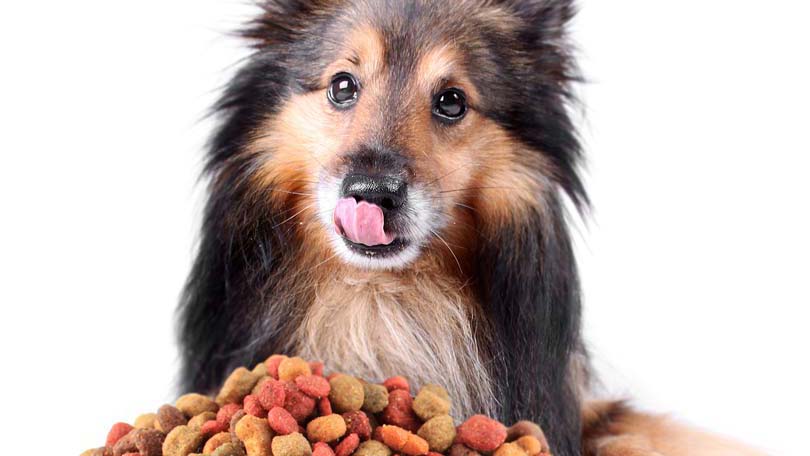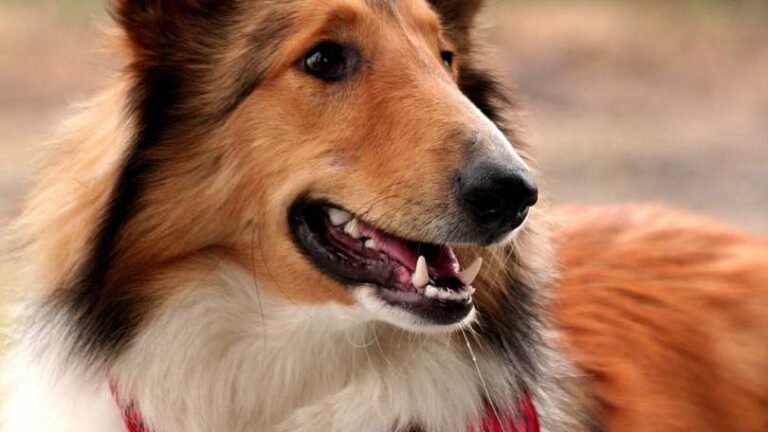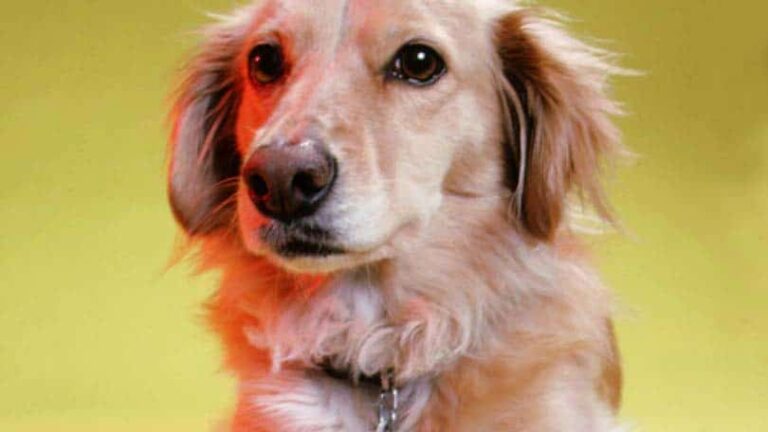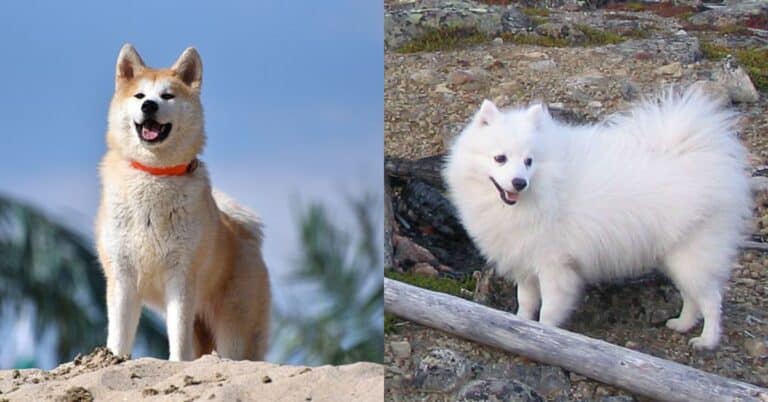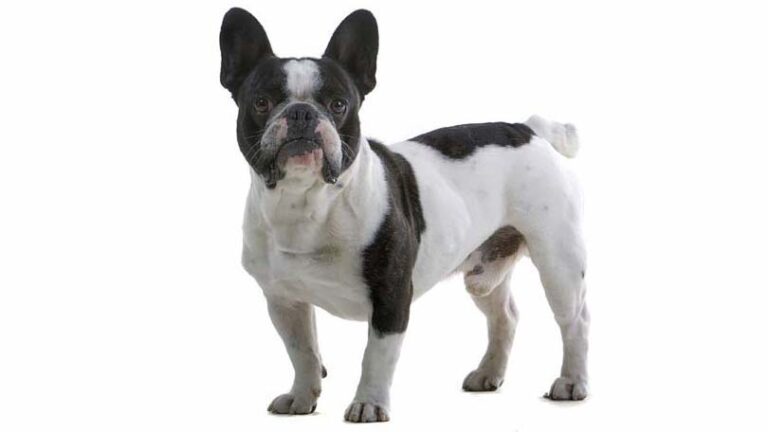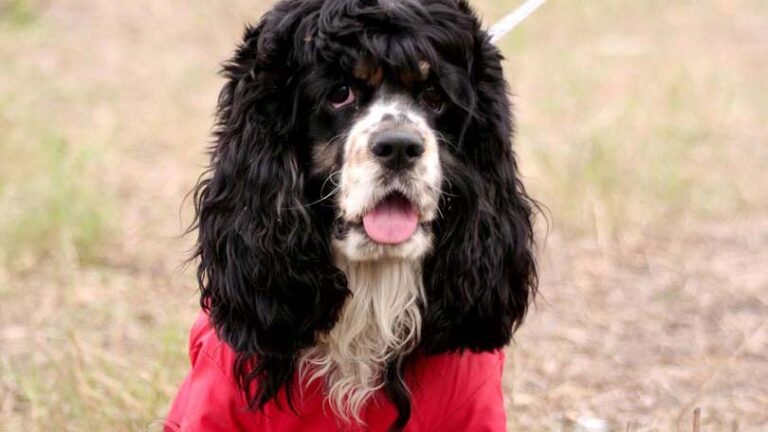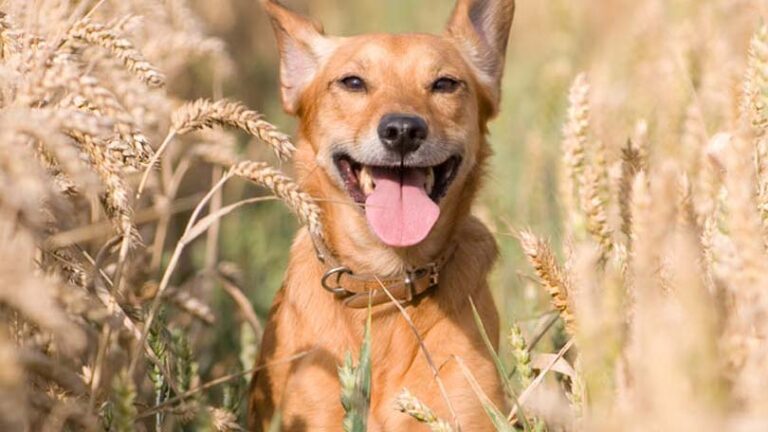Foods Not To Feed Dogs
Contrary to what your dog thinks, he is not able to eat anything he can reach. Many dogs seem to believe that if they can grab it, it’s theirs; and if it’s in their mouth, it’s food. But, no. Your dog’s stomach is not made of iron and there are a number of foods he should not eat, even if he gives you that really sad look and begs. Here are the foods NOT to feed dogs. Ever.
Caffeine
No how, no way. Caffeine can make you hyper and give you a buzz. It does the same thing to your dog, only more so. It stimulates your dog’s heart and central nervous system. It can cause vomiting, restlessness, heart palpitations, and even death in sufficient quantities.
Chocolate
Not only does chocolate contain caffeine (see above) but it also contains a substance called theobromine which affects the heart and central nervous system. The darker the chocolate, the most danger there is for your dog. Smaller dogs can be seriously affected by just a small amount of chocolate, but medium and large dogs are also at risk. Hyperactivity, seizures, coma, and death can result if your dog eats enough chocolate. And dogs do like chocolate. If you leave it where they can find it, your dog will likely eat it, so put the chocolate away. Chocolate affects humans for just a short time but it takes nearly a day for chocolate to pass out of your dog’s system. Very dangerous.
Grapes and raisins
Grapes and raisins can kill dogs, believe it or not. They can be covered with a mycotoxin which doesn’t affect people but which is fatal to dogs. Do not give your dog grapes or raisins.
Hops
Hops has a compound that makes dogs pant and increases their heartrate. It can cause seizures and even death.
Macadamia nuts
Poisonous to dogs. Contains a toxin which affects the nervous system, digestive system, and muscles of dogs. Can cause muscle tremors and paralysis.
Nutmeg
Poisonous to dogs. Can cause tremors, seizures, and death.
Onion and garlic
In large quantities can be harmful to dogs. Onion is more dangerous than garlic and has been linked to anemia. Garlic in moderate quantities is not harmful but should not be given in large amounts.
Xylitol
Xylitol is a sugar substitute that is found in toothpaste and some diet foods and candies. Do not feed it to your dog or let him eat anything containing it as it causes a sudden drop in blood sugar, depression, liver failure, and can lead to seizures and even death.
These foods are all potentially fatal if your dog eats them. However, there are many other things that your dog shouldn’t eat. If you use some common sense you probably won’t feed him these things but, just to be safe, here are some things you shouldn’t feed your dog.
- Alcohol
- Cooked bones from poultry
- Garbage or spoiled food
- Human vitamin supplements with iron
- Marijuana
- Mushrooms
- Persimmons
- Pits from avocados, peaches, plums, cherries
- Rhubarb and spinach leaves
- Sugary foods
- Tobacco
- Yeast dough
Most of these foods are things that you would obviously avoid giving your dog, such as pits from avocados or tobacco. Cooked bones can splinter when your dog chews on them, though raw bones are soft and pliable and safe to give to dogs. Rhubarb and spinach leaves contain oxalates which can affect the urinary system and lead to bladder stones among other problems. Do not feed your dog yeast dough because not only will the yeast expand but it will ferment and it can make your dog drunk and sick.
In addition to avoiding these foods, you should always use your best judgment when giving your dog things to eat in the kitchen or giving him snacks. Lots of human foods do make good snacks for dogs such as hot dog bits or pieces of cheese but you should give your dog such things in moderation. For instance, dogs can usually eat cheese without any problem but other dairy products can be problematic. Some, but not all, dogs are lactose-intolerant. They lack the enzyme to digest dairy products very well. Giving your dog milk or more than a small amount of yogurt can lead to gastro-intestinal upset. But small amounts of yogurt, cottage cheese, and cheese are usually okay.
If you have a cat in the house, try to prevent your dog from eating the cat food. Most dogs love cat food. It is very high in protein and has an intense flavor that dogs love. In fact, it is much higher in protein that dog food: too high for your dog to eat on a regular basis. It lacks the other essential ingredients that dogs need. Your dog cannot maintain good health on a diet of cat food.
Despite the fact that many dogs try to eat things that are not good for them, most dogs live long and healthy lives. Try to keep the foods mentioned here away from your dog and he should stay out of the emergency room.

Having discovered a fondness for insects while pursuing her degree in Biology, Randi Jones was quite bugged to know that people usually dismissed these little creatures as “creepy-crawlies”.

